
Alcohol in Skincare: Good or Bad?
Alcohol and its by-products is definitely one of the most common ingredients found in skincare formulas today and perhaps one of the most controversial ones. If you search “alcohol in skincare” online, you’ll find many websites demonizing alcohol as something bad for your skin, while others praise alcohol as something beneficial for many skincare issues e.g oily skin.
The reality is something in-between, but before we delve more into that, we should examine why alcohol is used in skincare in the first place.
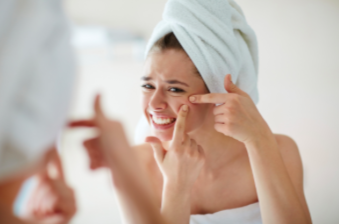
The key reason why most cosmetic companies use alcohol in their formulas is the fact that alcohol thins down the consistency of a cream, making it feel lighter while acting as a preservative agent that prevents the spread of nasty bacteria inside the product.
In brief, it keeps the formula more lightweight and bacteria-free so your product lasts for longer. And for better or worse, this is something tricky to achieve with other ingredients, organic and non-organic which is why it’s so commonly used in cosmetic products.
Are all alcohol ingredients equal? Sorting out the Good from the Bad Ones
Now getting back to the main concern regarding alcohol and its use in skincare, the truth of the matter is that no alcohol derivatives react the same with the skin. Some are bad indeed for your skin while others are actually beneficial.
The ones that are known to cause a drying and irritating reaction on your skin and are highly unsuitable for those with dry or sensitive skin and problems like rosacea. These can also cause inflammation by stripping the skin too much.
The bad alcohols find in skincare:
- Ethanol
- Isopropyl Alcohol
- Alcohol Denat
- SD alcohol
- Methanol
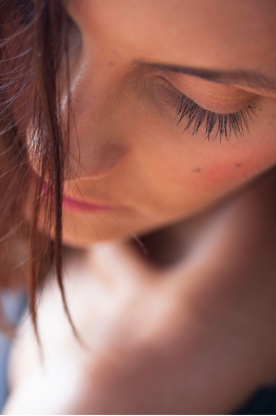
The problem with these alcohol ingredients is that the fast-drying effect that they have on the skin leads to minor skin damage and your skin responds by producing more oil than in the first place to compensate the damage. And yep, you’ve guessed it, this actually leads to more breakouts.
This is a common reason why so many acne or rosacea sufferers have the opposite effects of those they are expecting from their oily skin care regimes–one or more of these alcohols is often the culprit.
On the other hand, the “good guys” which increase emolliency and penetration of cosmetic ingredients into the skin without irritating are fatty alcohols such as:
- Benzyl Alcohol
- Cetyl Alcohol
- Stearyl Alcohol
- Cetearyl alcohol
The above fatty alcohols are actually derived from plants and act completely differently than “bad” alcohols.
They are often used in a solid and waxy form that emulsifies cosmetic formulas and they do not dry up or irritate your skin at all – it’s no wonder they are so commonly used in natural and organic skincare products.
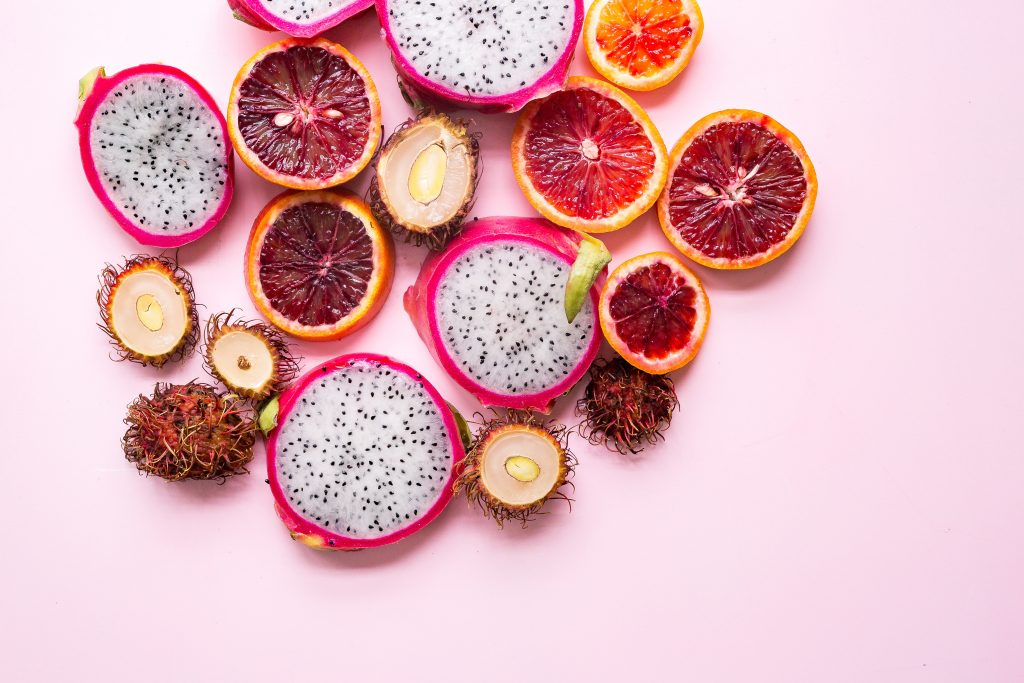
In a nutshell, finding ingredients with absolutely no alcohol in their formulations is pretty rare but you can at least go for the ones that contain good alcohol, especially if you have dry, sensitive, or combo skin.
This applies to all common skincare products such as cleansers, moisturizers, toners and masks.
What is your take on alcohol in skincare? Have you ever noticed how your skin reacts to certain alcohol ingredients in your skincare products? Tell us in the comments down below…


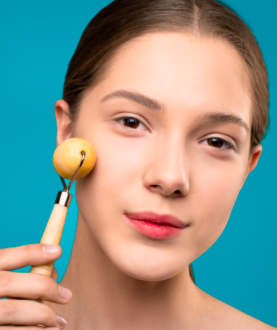
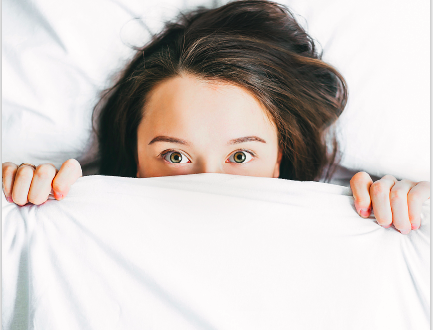

One Comment
Pingback: